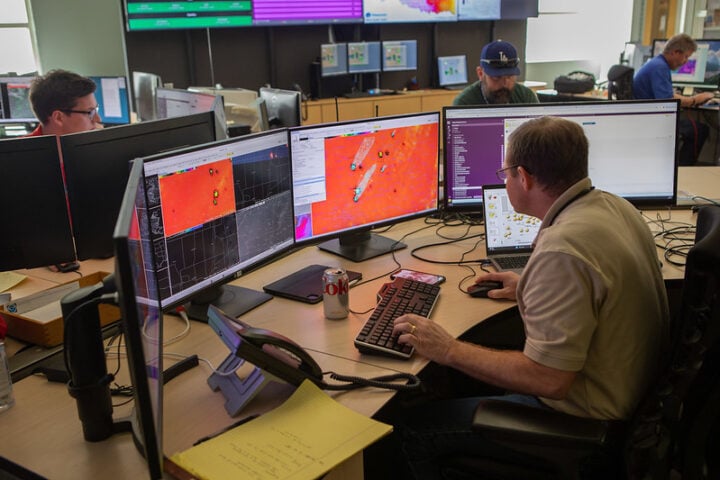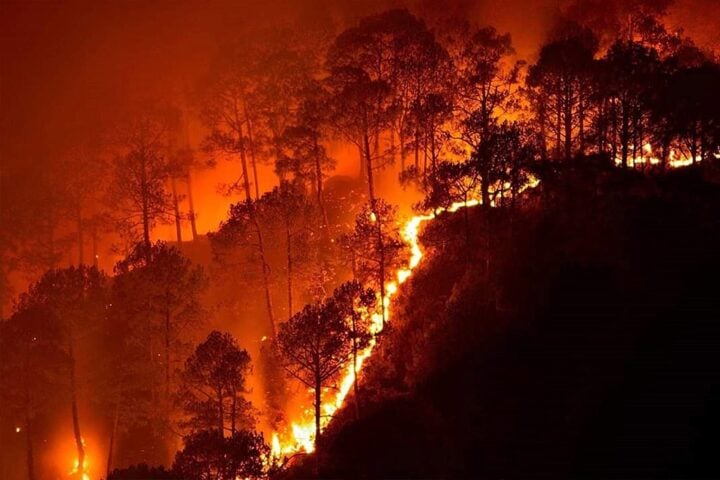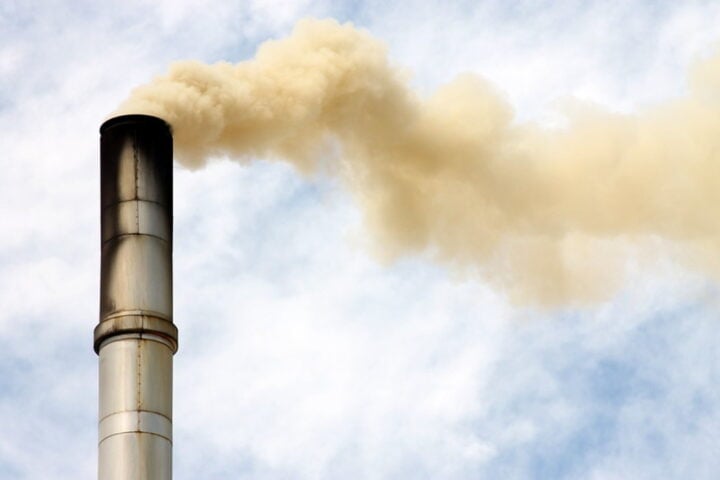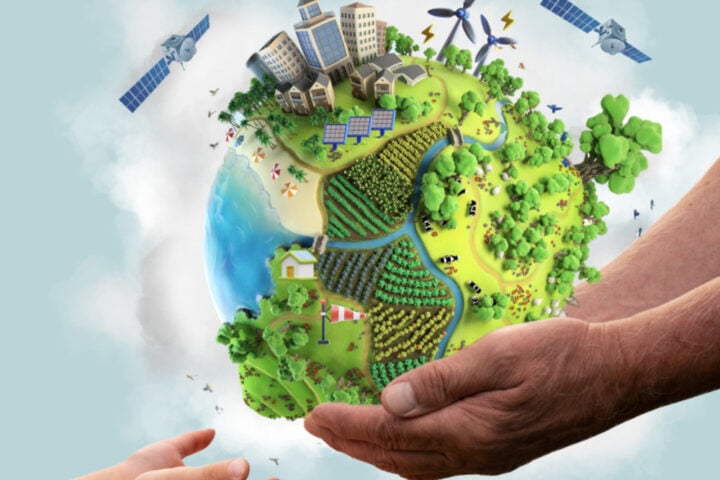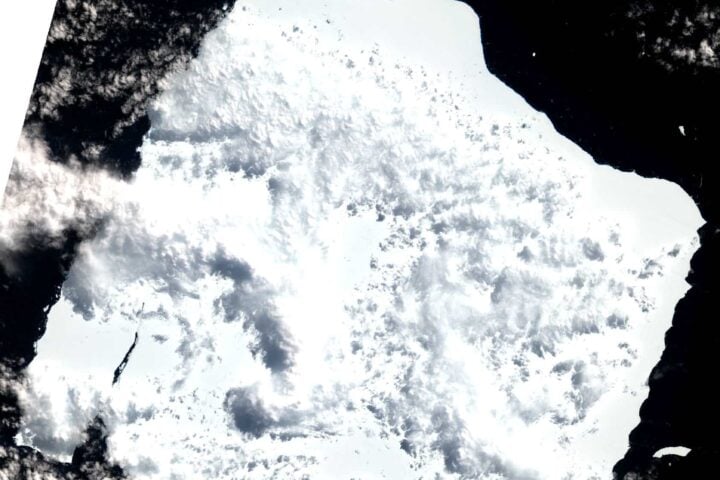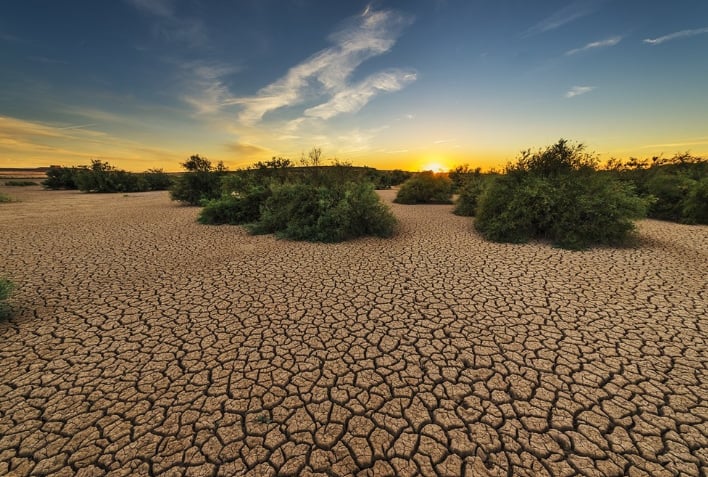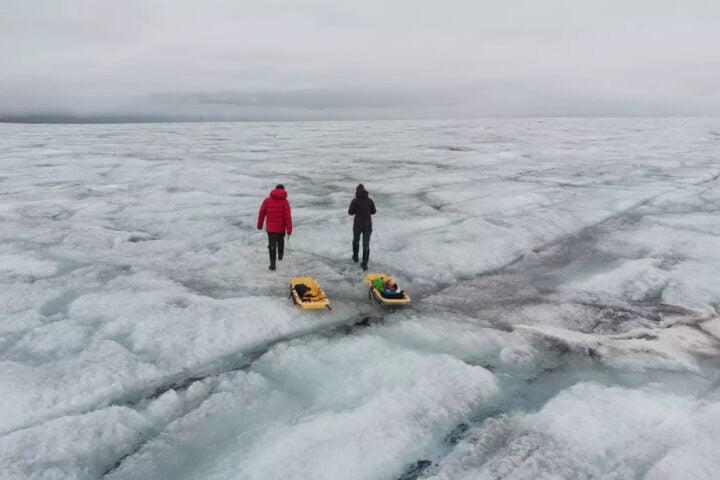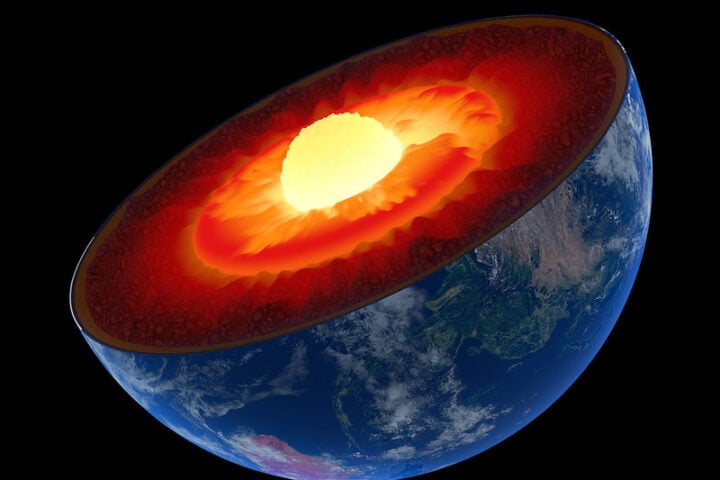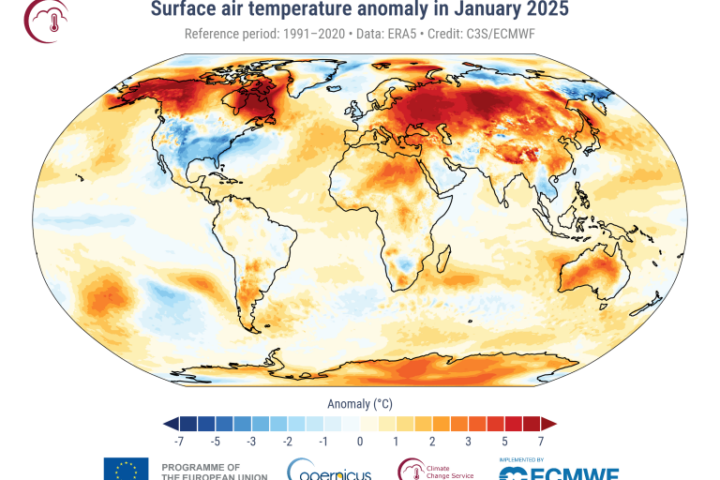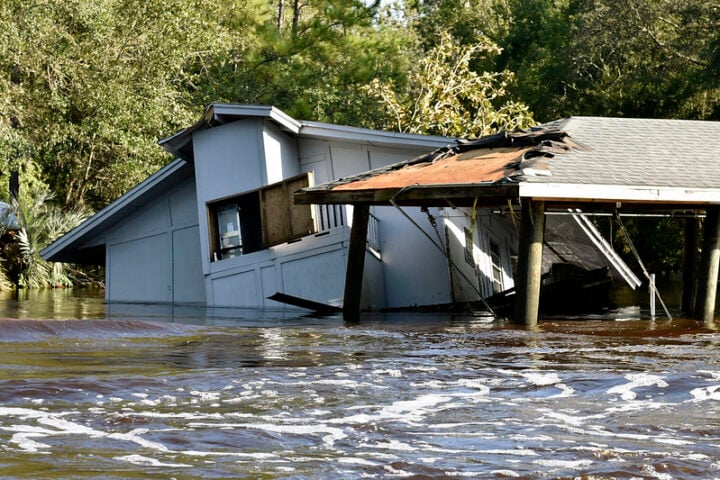The heavy rains that occurred in mid – september from 12th to 15th, caused river overflows and major damage across Poland, the Czech Republic, Austria, and Romania. This exceptional weather event affected a vast region of Central Europe, with preliminary analysis indicating that climate change has doubled the likelihood of such phenomena occurring.
The Role of Climate Change in Extreme Weather
A study conducted by the World Weather Attribution (WWA), a collaborative research group of climate experts from prestigious institutes worldwide, concluded that climate change played a significant role in the recent floods. The WWA, founded in 2015 by Friederike Otto and Geert Jan van Oldenborgh, specializes in “attribution science,” investigating the relationships between climate change and specific weather events.
Joyce Kimutai, a researcher at Imperial College London and one of the report’s authors, stated in a statement that these floods highlight the devastating results of fossil fuel-driven warming. Until oil, gas, and coal are replaced by renewable energy, storms like Boris will unleash even heavier rainfall, causing floods that will paralyze the economy.
Storm Boris: A “Perfect Storm” of Climate Conditions
Storm Boris, which also caused floods in parts of Romania and Eastern Emilia, was the result of a combination of weather patterns. Cold air moving over the Alps met very warm air over the Mediterranean and Black Sea, creating what scientists describe as a “perfect storm.” This phenomenon, known as a “Vb” weather system, led to record-breaking rainfall measurements in various locations.
Quantifying the Impact of Climate Change
To assess the role of climate change, WWA scientists compared rainfall measurements from September 12–15 with statistics on annual maximum 4-day precipitation. They also utilized climate simulations to project future scenarios. The study concluded that:
- Climate change has made intense 4-day rainfall events about twice as likely and 10% more intense since the pre-industrial era.
- The amount of rain from such events has increased by 10% since pre-industrial times.
- In a scenario with 2°C warming above pre-industrial levels (compared to the current 1.3°C), both the probability and intensity of these events are expected to increase further.
Unprecedented Rainfall and Its Consequences
The four-day period between September 12 and 15 was historic, with no similar episodes of such intense rain recorded in this region. The torrential storms primarily affected Poland, the Czech Republic, Austria, Romania, Hungary, Germany, and Slovakia, resulting in:
- 24 confirmed deaths
- Overflowing dams and raging rivers
- Flooded cities and damaged infrastructure
- Approximately two million people were affected.
Similar Posts
Economic Impact and EU Response
The scale of the disaster is reflected in the €10 billion aid package promised by the European Commission to the affected countries. Ian Duff of Greenpeace International pointed out the disparity between those profiting from fossil fuels and those bearing the costs, stating that Oil and gas companies like Total, Shell, and OMV made extraordinary profits through greenhouse gas emissions, while ordinary citizens from Vienna to Warsaw and across the EU are expected to foot the bill for the damages.
Improved Disaster Response, but More Adaptation Needed
The WWA report highlighted some positive aspects of the response to Storm Boris, commenting that these floods were well forecasted, and the death toll is considerably lower compared to the 1997 and 2002 floods, which points to the effectiveness of investments made in forecasting, early warning systems, and forecast-based action.
However, the researchers emphasized the need for further improvements in flood defenses, risk communication, and emergency response plans to account for the increasing intensity of climate change-driven events.
Future projections and global implications
If global warming reaches 2°C above pre-industrial levels, climate models predict even heavier 4-day rainfall events with:
- A further 5% increase in precipitation intensity
- A 50% increase in the probability of such events compared to current level
Professor Doctor Sonia I. Seneviratne, professor for Land – Climate Dynamics at ETH Zurich, claimed that with increasing global warming, the intensity and frequency of heavy rainfall also increases.
Broader Climate Trends in Europe
Europe is warming faster than any other continent, with the last five years being significantly warmer than the late 19th century. This rapid warming is leading to more frequent and intense extreme weather events across the region.
The science behind increased rainfall
For every 1°C increase in global temperature, the atmosphere can hold approximately 7% more moisture. This simple relationship explains why a warmer world experiences more intense rainfall events. Additionally, some scientists suspect that changes in the jet stream, potentially linked to global warming, may be trapping weather systems in one place for longer periods.
Conclusion
The recent floods in Central Europe serve as a stark reminder of the growing impact of climate change on extreme weather events. As the world continues to warm, the frequency and intensity of such disasters are expected to increase, underscoring the urgent need for both mitigation of greenhouse gas emissions and adaptation to a changing climate.
Key Takeaways:
- Human induced climate change increased rainfall by roughly doubling the likelihood and increase in intensity by 7%.
- Storm Boris caused record-breaking rainfall and devastating floods in September 2024.
- A World Weather Attribution (WWA) study links extreme weather to human-induced climate change.
- Economic impact estimated in billions, with the EU pledging €10 billion in aid.



